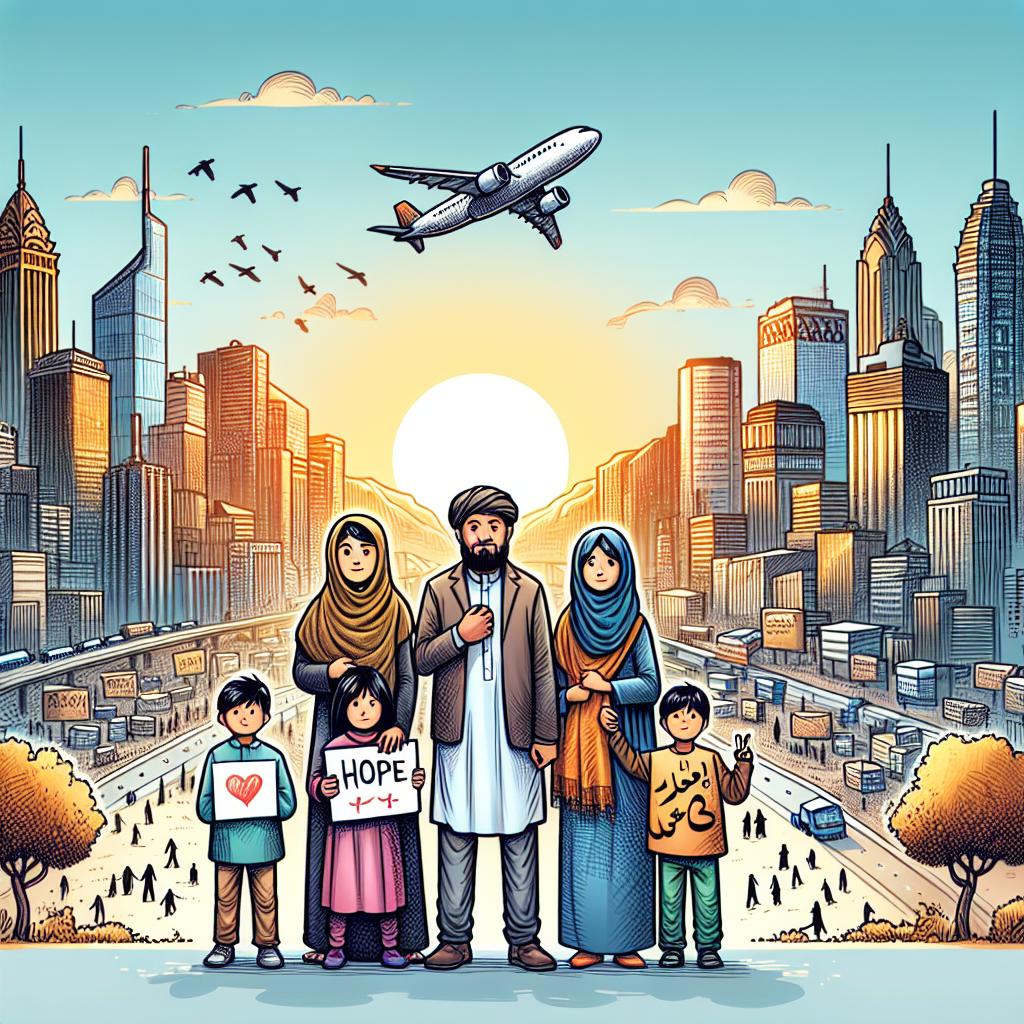UN Urges Halt to Afghan Deportations Amid Escalating Human Rights Crisis
Pakistan has returned over 300,000 Afghans since January, many under the controversial “Illegal Foreigners Repatriation Plan”, implemented in 2023.

- Country:
- Afghanistan
The United Nations has sounded a grave alarm over the unprecedented surge in deportations and forced returns of Afghans to their home country, warning that such actions are fueling a deepening humanitarian and human rights crisis. In a strong appeal to the international community, UN High Commissioner for Human Rights Volker Türk has called for an immediate end to the forcible return of Afghan refugees and asylum-seekers, particularly those facing serious risks of persecution, arbitrary detention, torture, or even death upon arrival.
Mass Deportations Unfolding Across the Region
In just over seven months, more than 1.9 million Afghans have returned from neighboring countries, many under duress. From Iran alone, over 1.5 million have been sent back since January 2025. Of these, 938,000 were forcibly deported—including half a million since mid-June.
Pakistan has returned over 300,000 Afghans since January, many under the controversial “Illegal Foreigners Repatriation Plan”, implemented in 2023. This follows earlier mass repatriations after the Taliban seized power in 2021. In Tajikistan, Afghan refugees were reportedly summoned by security officials in Vahdat on 8 July 2025 and told they must leave the country within 15 days, raising alarm among human rights organizations.
From October 2024 to July 2025, at least 485 Afghan nationals have been deported, including 334 refugees or asylum-seekers, indicating a sharp uptick in forced removals in violation of established protections under international law.
Violation of Non-Refoulement and Asylum Rights
The UN emphasized that forcibly returning people to a country where they face a real risk of serious harm violates the fundamental principle of non-refoulement, a cornerstone of international refugee and human rights law. This principle prohibits states from expelling individuals to places where their life or freedom would be threatened based on race, religion, nationality, membership in a particular social group, or political opinion.
Furthermore, deportations without fair individual assessment of asylum claims are a breach of due process. “People have a right to make such a claim and have it fairly considered by State authorities before any action to forcibly expel an individual,” Türk stated.
Life in Afghanistan: A Nation in Crisis
Afghanistan remains one of the world’s most distressed countries, grappling with acute humanitarian need, systemic human rights violations, and economic collapse. Those returning—willingly or by force—enter a landscape of instability and deprivation, marked by widespread poverty, a decimated healthcare system, and inadequate shelter and sanitation.
The situation is particularly dire for women and girls, who face institutionalized discrimination under Taliban rule. The UN Human Rights Office has repeatedly condemned the near-total erasure of women from public life, including bans on education, employment, freedom of movement, and access to services.
Those Most at Risk: Journalists, Former Officials, and Women
Among those deported are journalists, civil servants, and former employees of the pre-Taliban government, many of whom are subject to reprisals, harassment, and torture upon return. The lack of legal protections and transparency in the Taliban-controlled justice system leaves them particularly vulnerable.
Women deported from neighboring countries face compounded threats. Without male guardians or legal status, many struggle to access even the most basic services and are subject to arrest or worse for violating Taliban-imposed codes of conduct.
International Community Urged to Act
Volker Türk’s warning comes as several countries review their asylum policies, with some considering revoking protections previously granted to Afghan refugees. The High Commissioner called on all States to expand legal pathways, including resettlement and humanitarian visa programs, and to refrain from policies that further endanger lives.
“We must not turn our backs on a population that has already endured decades of conflict, poverty, and persecution,” Türk pleaded. “Forcible returns must stop immediately. We call on all States to do everything in their power to provide protection, dignity, and hope to Afghan nationals seeking refuge.”
A UN Report to Be Released
The UN Human Rights Office and the UN Assistance Mission in Afghanistan (UNAMA) are preparing to release a detailed report next week that will document the risks faced by returnees, drawing attention to the lived experiences of those forcibly deported and the gaps in international response.
This report is expected to provide a vital evidence base for humanitarian advocates and may shape future diplomatic efforts aimed at protecting displaced Afghans.
A Global Test of Responsibility
The Afghan deportation crisis is becoming a critical test for the global human rights regime and the resolve of the international community to uphold humanitarian principles in the face of mounting political pressure.
As climate extremes, geopolitical tensions, and migration anxieties dominate global discourse, the treatment of Afghan returnees may well become a barometer of international commitment to the values of protection, justice, and compassion.
ALSO READ
Sustainability Challenges in Cineraria Cultivation: A Life Cycle Perspective from Iran
E3 Warns Iran: Talks or Sanctions
Rijiju Criticizes Gandhi for Echoing Pakistan's Narrative
Continued Airspace Restrictions Heighten Tensions between India and Pakistan
Strengthening Ties: Productive Trade Talks Between Pakistan and U.S.










